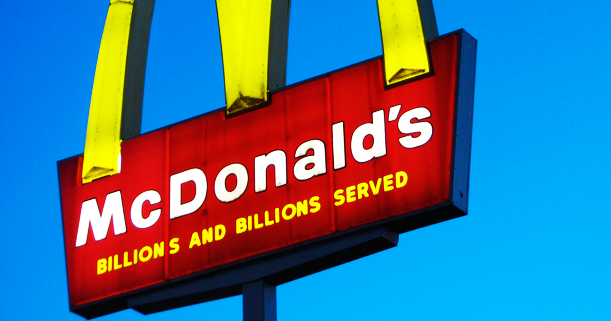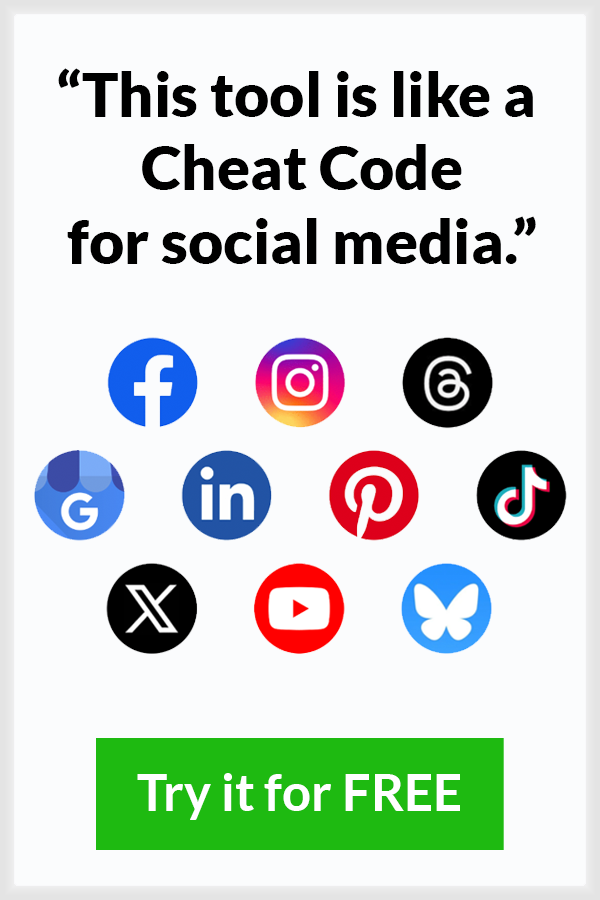
 How often do you go to a new restaurant without a recommendation from a friend or family member?
How often do you go to a new restaurant without a recommendation from a friend or family member?
Not very often, right?
Most of us tend to only try something new if someone we know has made mention of it.
This is called "Word of Mouth Marketing" -- and it existed long before the Internet & social media.
It's the basis of all multi-level marketing (MLM) -- and it's why MLM is so successful.
People buy what their friends recommend!
If a friend says the burgers at the local Burger Barn are horrible, you're probably not going to eat there. But if they rave about how juicy & delicious the burgers are at Burger Boy, then you'll go there without giving it a second thought.
In the marketing world we call this "Social Proof".
Social Proof is why McDonald's used to show a count of the number of customers served on their signs.
If that many people have eaten there, then it MUST be good, right??
How to Use Social Proof on Your Website to Influence Customers
If you've been around social media trainers, you've definitely heard the term "social proof" -- but probably only in reference to follower counts on Twitter, Facebook, etc.
But Social Proof is much more than that -- although follower count does play a role.
Here is a great infographic from a company called, yes, Social Proof.
Some key takeaways that stood out to me were:
- More than 76% of people surveyed believe ads are exaggerated
- 92% of consumers trust recommendations from friends & family
- 94% of retail sale still happen online
At the bottom of this catchy graphic they provide 8 types of social proof you should use on your website.
Everyone should pay attention to these when building a site or blog, because they're spot on! -- and not just the 8 social proof points but also the location of them on your website.
Enjoy!
Your turn
Are you using Social Proof to influence customers?
Are you using Social Proof on your website or social media?
Answer in the comments below & share your tips on using Social Proof to influence customers.








No Comments